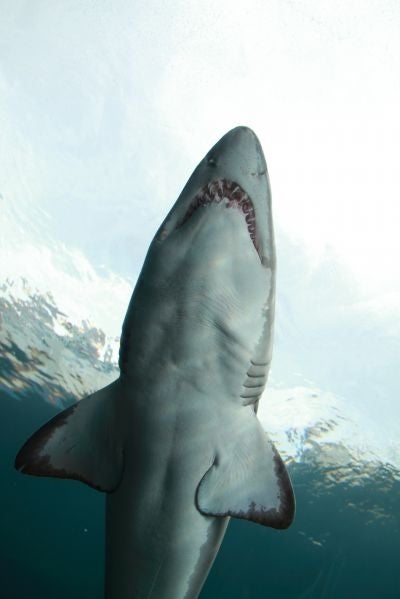Your support helps us to tell the story
From reproductive rights to climate change to Big Tech, The Independent is on the ground when the story is developing. Whether it's investigating the financials of Elon Musk's pro-Trump PAC or producing our latest documentary, 'The A Word', which shines a light on the American women fighting for reproductive rights, we know how important it is to parse out the facts from the messaging.
At such a critical moment in US history, we need reporters on the ground. Your donation allows us to keep sending journalists to speak to both sides of the story.
The Independent is trusted by Americans across the entire political spectrum. And unlike many other quality news outlets, we choose not to lock Americans out of our reporting and analysis with paywalls. We believe quality journalism should be available to everyone, paid for by those who can afford it.
Your support makes all the difference.A conservation watchdog Monday accused a Brazilian company of illegally fishing 280,000 sharks which were killed to feed Asia's appetite for sharkfin.
The Environmental Justice Institute, a Brazilian group, lodged a suit against seafood exporter Sigel do Brasil Comercio demanding 800 million dollars in environmental damages.
"As we can't put a value on life, we have calculated the impact on the ecosystem," the director of the group, Cristiano Pacheco, told AFP.
He said the killing of so many of the predators would have a negative effect on the balance between maritime species.
The company caught the sharks off the northern Brazilian state of Para between March 2009 and May 2010, according to information from the Brazilian state environmental agency Ibama given to the Folha de Sao Paulo newspaper.
"We think the sharkfins were exported clandestinely, in containers, likely from the ports of Rio Grande do Sul to the Asian market," Pacheco said.
The high value Asian diners place on sharkfin means the rest of the shark was often thrown back into the sea in violation of environmental regulations, Ibama said.

Join our commenting forum
Join thought-provoking conversations, follow other Independent readers and see their replies
Comments